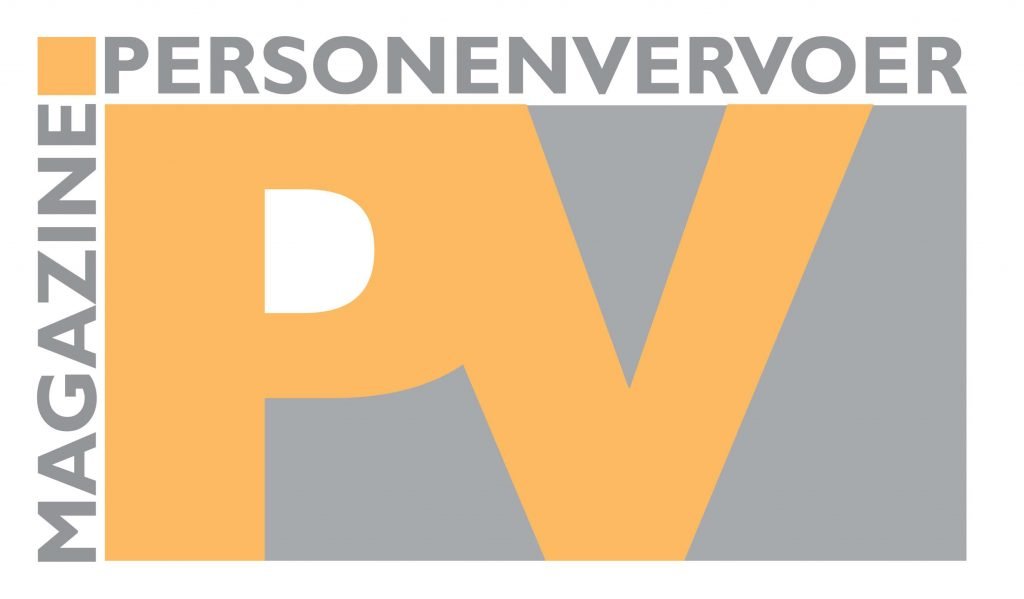The June issue of Magazine Passenger Transport - just out - contains an extensive interview with the three policy advisers of the Municipal Network for Mobility and Infrastructure (GNMI), Eugene van de Poel, Jaap Berends and director Arthur ter Weeme.
Unfortunately, the interview was canned just before the Delta Plan for Mobility was released and the organization, which works closely with various municipalities, does not take any positions itself.
Ter Weeme would like to endorse “the Mobility Alliance's call to invest in accessibility on a large scale. In the Delta Plan for Mobility, the Alliance identifies important themes and tasks. ”
“I would like to appeal to invest in places where the biggest gains can be made. I suspect that if you look at that with a broad, integral view, it is mainly at the local-regional scale level. ”
Ter Weeme explains that in recent decades, the main connections have been mainly focused on: “Our national rail network and highway infrastructure have been well developed, although there is always something to be desired. However, the real challenges lie in and around the urban centers. At the Dutch scale level, this also includes the rural area, but the point is that we not only ensure a higher frequency of the train from, for example, Eindhoven to Amsterdam. We also have to ensure that people around Eindhoven or Amsterdam can get to their work or social activities quickly and efficiently. ”
“Let's not forget that the people who drive between Eindhoven and Amsterdam do not all live at the station or at the entrance and exit of a motorway. Also for the longer distance it comes down to the first and last mile and thus to assignments on a local and regional scale. ”
Ter Weeme thinks that “too often in the Netherlands we tend to think 'small'. If you consider the Randstad as a polycentric agglomeration, you are talking about an urban area of 8 million inhabitants. And the Brabant row of cities is also a major conglomeration. There is still so much gains in mobility in those areas, for example by introducing an S-Bahn concept with branches in the region. ”
“And let's not forget that a city like Groningen is now far above 200.000 inhabitants due to municipal mergers. In German-speaking countries, such a city then has a regional public transport network with a frequent S-Bahn as its carrier. And in the big cities, a scale jump in public transport is also simply necessary. We cannot wait for self-driving cars, which will certainly not solve the mobility problem for us in the coming decades in terms of transport capacity. ”
“Also for road safety, investments must be made on the roads where this will prevent the most victims. We must also take this into account in the distribution of budgets. So let us, as governments and mobility sector, make a good joint analysis of road safety issues and also provide the authorities responsible for this with means to invest sufficiently. We see that municipalities in particular have to deal with very tight budgets and road safety measures are often only possible if other urgent issues are at the time, such as replacing the sewer. ”
Ter Weeme indicates that sustainability is also necessary to encourage people to travel more sustainably. "This concerns a multitude of stimulating measures, in which the different layers of government have their own recruiting task."
And not to forget digitization. As governments and road authorities, we must ensure that we monitor our infrastructure properly, follow developments properly and be ahead of them when it comes to core tasks. We should not become dependent on Google when it comes to data on our road infrastructure. We are responsible for this ourselves and our data must be ready to facilitate the self-driving car. ”
“That means not only investing in ICT, but also in people. Transport engineers and planners have to speak the language of the data and vice versa ”, says Ter Weeme, who likes to give his organization a stimulating role. “We think the Delta Plan is a great incentive to release more money nationwide for accessibility. And it is very good that the sector is making this joint statement. An enormous challenge awaits us that a Delta Plan more than deserves. It is now up to us as governments to take up the gauntlet and take initiatives here. ”



